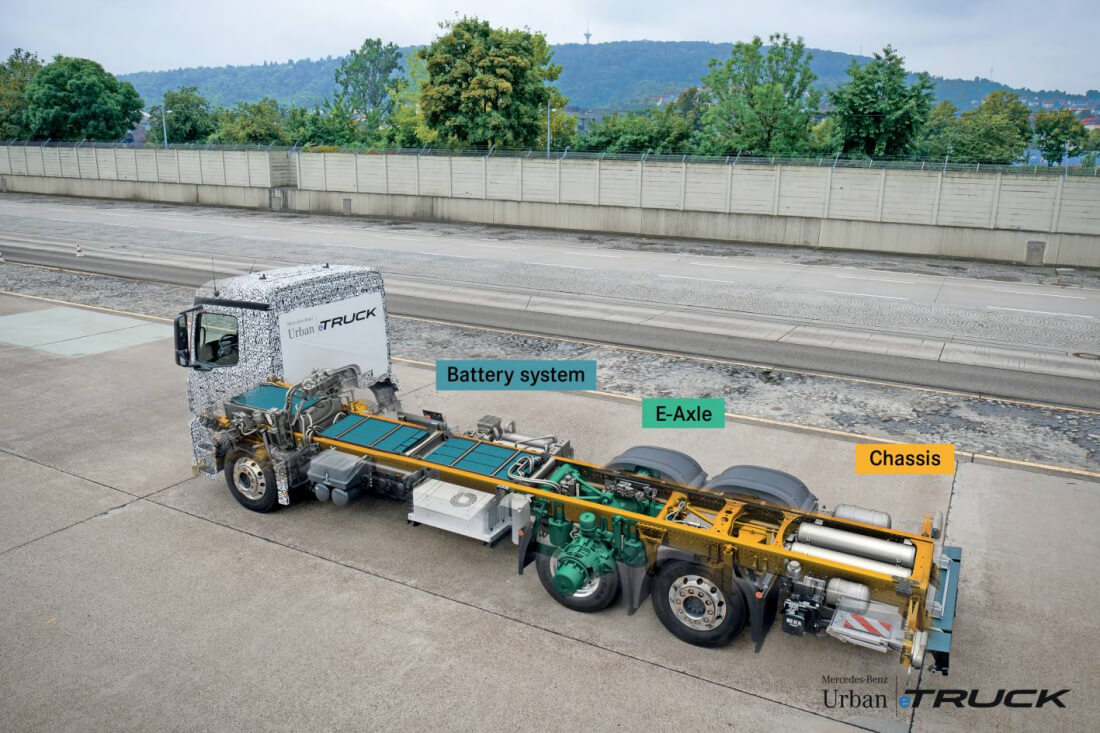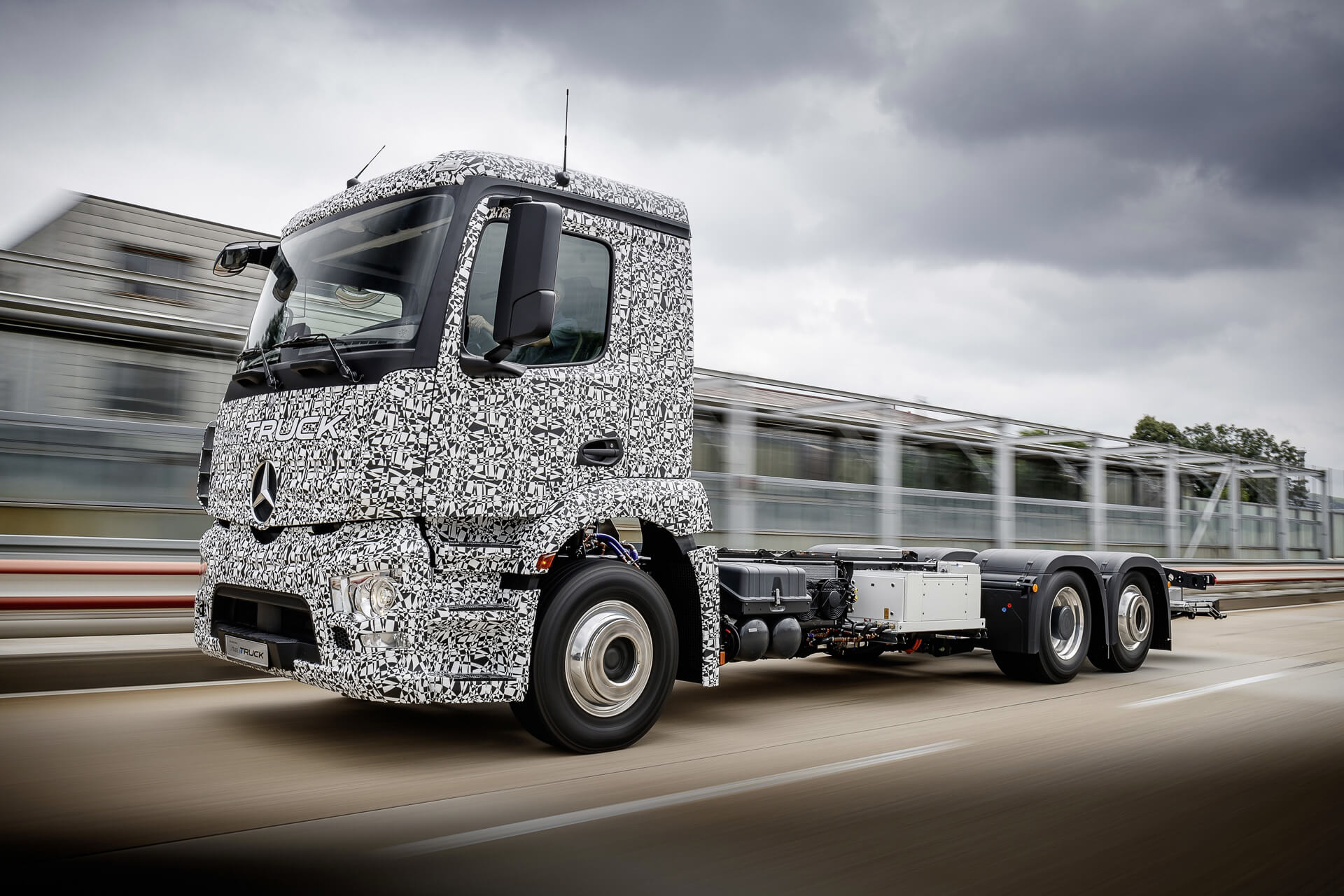It seems that electric vehicles are the future. Tesla continues to do well, despite the safety concerns around its autopilot feature, and Audi recently revealed plans for EVs to make up 25 percent (around 450,000 cars) of all its annual sales by 2025. But it's not just the consumer market that is seeing an influx of electric vehicles; they're breaking into the commercial sector, too.
Mercedes-Benz has just shown off the Urban eTruck, said to be world's first fully electric truck able to carry heavy loads (up to 29 US tons). As with all EVs, the eTruck has the advantage of being both quiet and environmentally friendly.
Most big rigs are used for long-haul deliveries, but the Mercedez-Benz's 124-mile range and zero emissions mean it's perfect for moving large loads through cities - hence the "Urban" part of its name - where noise levels and pollution are often a problem.

The eTruck uses a system derived from the Mercedes-Benz Citaro hybrid bus. It has an electrically driven rear axle with electric motors directly adjacent to the wheel hubs. Power, meanwhile, is supplied by a battery pack consisting of three lithium-ion battery modules with a combined capacity of 212kWh.
Much like Elon's Musk's plan to bring self-driving functions to Tesla's range of EVs, Mercedes-Benz is looking beyond electric-power for its future trucks. "We intend to establish electric driving as systematically as autonomous and connected driving," said Dr. Wolfgang Bernhard, who is responsible for Daimler Trucks & Buses at the Board of Management.
It will be a few years before the eTruck makes it onto the roads. Mercedes-Benz says it likely won't go into production until 2020, by which time Tesla's own electric big rigs and those from the Nikola Motor Company may already be available.
